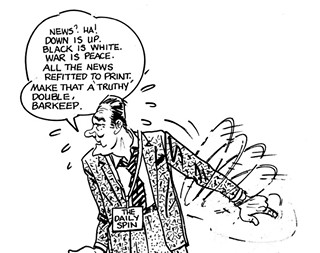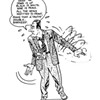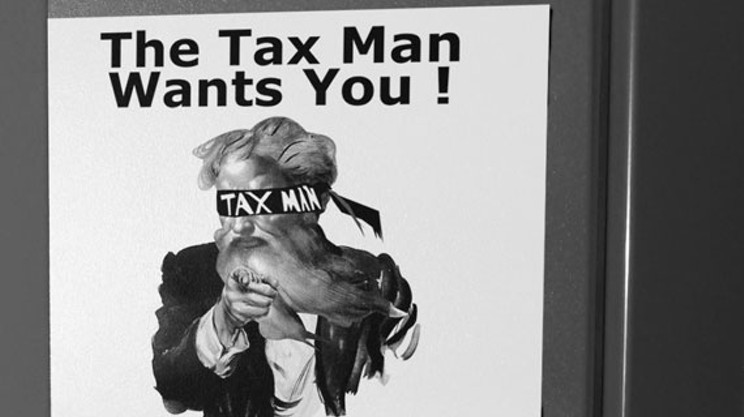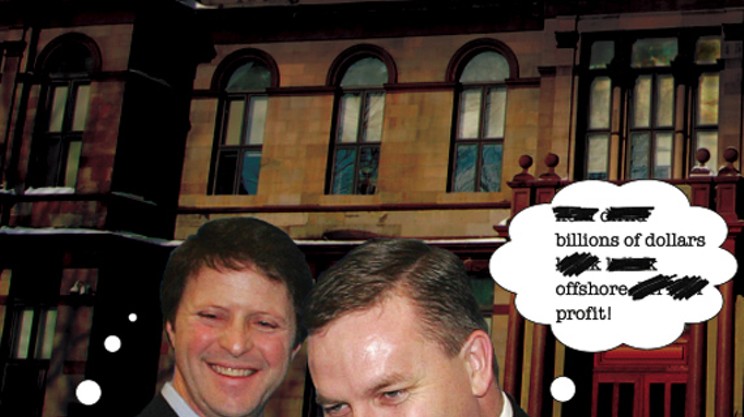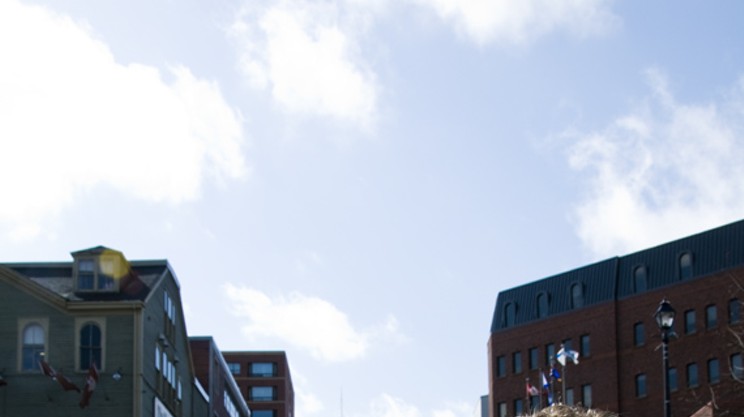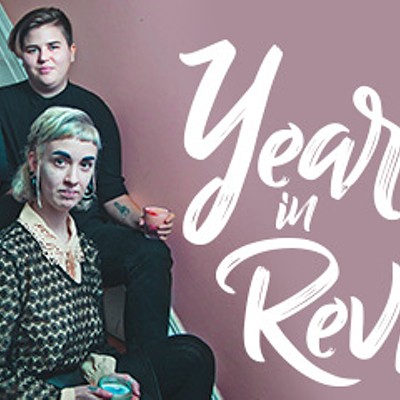Where'd all the reporters go? That was the question I asked in an email to many of my media colleagues last week. I was wondering what happened to the dozens of reporters who were laid off from the Chronicle-Herald in February and from the closing of the Daily News last year.
It was impossible to track down all the reporters, but the names I got back reveal an alarming trend: the majority have moved on to do public relations work, mostly for government.
Sherry Aikenhead is with the provincial Justice Department spokesperson. Rachel Boomer and Ryan van Horne are with Health Promotion and Protection. Steve Bornais is with the Department of Fisheries and Oceans. Richard Dooley, the Halifax PD. Peter Duffy is ghost writing for mayor Peter Kelly. John Gillis is with Capital District Health. Dan Harrison with the Department of Education. Beth Johnston is working for the city of Charlottetown. Kristen Lipscombe is doing PR for Hockey Canada. Daily News columnist David Rodenhiser shills for Nova Scotia Power. Jennifer Stewart is premier Darrell Dexter's mouthpiece.
Understand that I don't blame the reporters for finding what work they can---like the rest of us, they have to feed their families.
"In the newsroom, they're not valued, and they're not paid well," King's College journalism prof and Coast senior features writer Stephen Kimber tells me. "In government, they're paid better. I talked to one former reporter who went into government work, and he told me he was amazed---he did his work and people said, 'Great job!' That never happens in the newsroom."
Kimber says that while the shrinking newspaper biz is throwing lots of people out of work, the laid off tend to be older, more experienced reporters with bigger paycheques, but younger reporters coming out of J-school are still getting hired. "There are jobs out there---it's easier [for young people] to get jobs because they're cheaper. It's almost easier than it's ever been."
As Kimber explains it, older reporters have always drifted into PR. "In most newsrooms you don't see people over 40, and if you do, you say, 'What's wrong? Why aren't they in PR?'"
With the shift to PR happening much earlier in reporters' career path, we are left with a less experienced reporting pool. We in Halifax, however, are blessed with an exceptional group of young reporters---my local colleagues are much better reporters than I've experienced elsewhere.
But for all their ability, there are fewer of them, and so of course less news is getting covered less well.
The problem is we as a society now collectively value reporting---the collection and vetting of information---less than we value public relations---the withholding and spinning of information.
Some days, I get over 200 press releases in my inbox. And many of those are "followed up" by annoying phone calls from PR people asking "if you received our press release." A press release, of course, is not an honest representation of information, but rather professionally manufactured spin. It takes another professional analysis of the press release and contacting of other sources to build full context and provide truthful information to the public. It can be a full-time job just filtering the bullshit. And yet, with disheartening frequency, I find re-written press releases running as "news articles" in local publications.
On top of that, it's damn near impossible anymore to simply pick up the phone and call a government employee to ask a question---usually, a reporter is directed through a bloated communications bureaucracy, from spokesperson to spokesperson; you can almost hear the spin factory working in the background, as the PR wheels spin out the most polished response.
Increasingly, there are gigantic gaps in what gets covered by reporters. And what does get covered is increasingly defined and controlled by PR professionals. The public, with less access to vetted information, can less often make informed decisions. Democracy suffers. Society suffers. And there's just no spinning the ugly truth.

